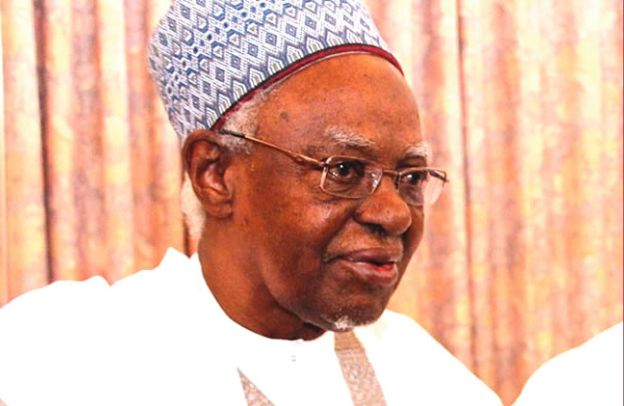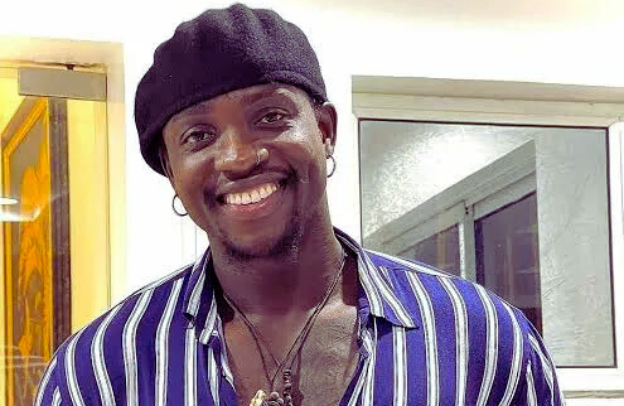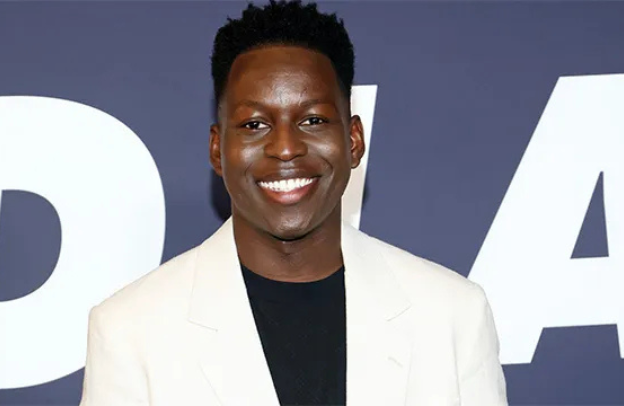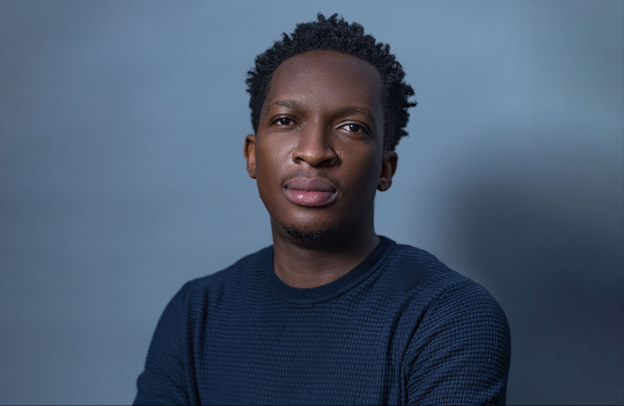Shehu Shagari, The 6th President Of Nigeria – 1979 To 1983

Nigeria has only operated under four republics since its independence in 1960 and President Shehu Shagari happened to be the only figurehead who led Nigeria’s second republic. The staff of office was handed over to him by General Olusegun Obasanjo, an event that threw the world in a state of shock given the fact that during the stint of military regime in Africa, he was the only man who effortlessly relinquished power to the civilian government.
Want to learn more about storytelling? Start by downloading the first chapter of The Storytelling Mastery for Businesses.
Shehu Shagari commonly known as Nigeria’s old statesman, crawled into power having been declared the winner of the 1979 election, an election many claimed was littered with faults, corruption, and irregularities. However, Nigerians were flat-out happy to have been ushered back into a democracy that they neglected the faults that riddled the election.
Check out our Life & Legacy Series to read more about similar stories.
Shehu Shagari was known to be honest and mild and during his days in office, he ensured to give Nigeria a new look.
His Early Life
Shehu Usman Shagari was a core Sunni Islam from the Fulani ethnic group that dominated some parts of the northern region of Nigeria. He was born on February 25, 1925, in Shagari village, Kaduna. His father Aliyu Shagari, the Magajin, meaning the village leader or head of the Shagari village. He was polygamous, hence Shehu Shagari was born as the sixth child of a prestigious family.
His great-grandfather was reckoned as the founder of the Shagari village which was why their family was respected deeply by the villagers. However, Shehu Shagari’s father, Aliyu Shagari was known to be a herder, farmer, and trader. Considering his position as the Magajin of the village, his father dropped the trading and whatnot activities he indulged in, leaving it for Shehu and his brothers to handle. Five years after Shehu’s birth, however, the father passed away, leaving the eldest son to become the magajin of the village.
Shehu was thereafter left under the care of his relatives under whose care he attended Yabo primary school and Koranic school, to broaden his horizon about the Muslim tenets as Sunni Islam. His middle school took place in Sotoko, Nigeria around 1936 to 1940.
By 1944, he furthered his education by enrolling in Barewa College. During his struggle to find a befitting career, Shehu Shagari was admitted into the Teachers Training College (TTC) in Kaduna, in 1944. Later in 1952, he graduated and became a teacher. His passion for politics prompted his downright formation of a youth group commonly known as Youth Social Circle in Sokoto, which was later tangled with other small groups to form the Northern People’s Congress Political party.
Early Political Career
Shehu Shagari held many remarkable ministerial offices during years as a Nigerian politician. His thirst for joining politics was displayed in his formation of the Youth Social Circle in the mid-1940s. However, he trudged, fully, into his political career by 1951, and in a snap, he got elected to his first public office in 1954, as a member of the federal House of Representatives for Sokoto West.
Still basking in the glory of his first office, Shagari was appointed as the secretary of the then-prime minister of Nigeria, Tafawa Belewa, in 1958. Although he left the position roughly in 1959 for another, that same year, he worked as the federal minister for commerce and industries.
During his political career, Shagari didn’t hide his displeasure with colonial rule in Nigeria, leading him to be a staunch supporter of the West African Pilot. In the 1950s, he released a popular Hausa booklet which housed information regarding the cruelty of the colonial rule. His popularity in politics at that time brought him the honor of being among the appointed Nigerian delegates sent to London to discuss the drafting of a new constitution for Nigeria.
His ministerial position gave him an edge to lead different delegations to various conferences and anniversaries held far and wide. For instance, in the early 1960s, he led the delegation to Libya to celebrate their tenth anniversary. He capitalized on his position by using it as a platform to show his disagreement with the Rhodesian crisis during the 1960s.
Shagari was among those swept away from the government office when the military junta led by Gen. Aguiyi Ironsi trailed into power. After his short withdrawal back to the north where he continued to teach and boost the growth of education in the region, Shagari was later appointed the commissioner for economic development, reconstruction, and rehabilitation in 1971, after the debilitating civil war, by the military head of state, Gowon.
All credit goes to Sgagari as he introduced the use of Naira when he served as Nigeria’s finance minister.
During his Presidency
The strenuous effort made by Olusegun Obasanjo led to the drafting of the 1979 constitution and the return of power to the civilian government through the 1979 election. Shagari contested for presidency under the National Party Of Nigeria which he was among the founding members.
With luck, he emerged as the winner of the election. His era as the president was met with streaks of issues starting from the drastic fall of the international price of oil that crumbled the economy of Nigeria.
Due to the oil boom of the early 1970s, of course, Nigeria harbored many foreigners most of whom were Ghanaians. To expel the issues and boost the economy, Shagari made a policy that saw the withdrawal of about two million foreigners from Nigeria.
His goal of boosting Nigeria’s agricultural products was implemented through the introduction of the Green Revolution program that focused on providing seeds, fertilizers, and machines for farmers. He maximized the revenue from oil to finish the construction of the refinery in Kaduna, as well as the Ajaokuta steel mill that had been left untouched for yearslong.
He embarked on housing projects and the provision of social amenities such as the construction of hospitals, schools, and roads (which improved the transportation system). Shagari, using the army, indulged in the bloody removal of the revolting group in the northern region that was like Boko Haram.
By 1983, however, Shagari came out for a second term and won the election. However, the orgy of corruption that most Nigerian politicians carried out shrunk the country into a state of devastation that Shagari was unable to bring under control.
The disorderliness of the country’s government paved the way for another military coup in 1983, led by Buhari. Shagari was placed under house arrest for a while until he was acquitted of any corrupt practices.
Fast forward to December 28, 2018, Shehu Shagari passed away at the age of 93.
His Legacy And Remembrance
Shehu Shagari’s legacy is one of being a transitional figure in Nigeria’s return to democracy. His efforts to restore civilian rule and promote unity in a diverse nation are part of his enduring impact on Nigeria’s political history.
However, his presidency also serves as a reminder of the challenges faced by leaders during periods of economic instability and political transition.
Want to learn more about storytelling? Start by downloading the first chapter of The Storytelling Mastery for Businesses.





